
Name: Suzi Boubion
Location: Washington, United States
Child’s Birth Year: 2015
Keywords: Pregnancy after HIE, Advocacy Work, Blogging, Self-Development & Growth, Balance Between Holistic and Allopathic Medicine, Nature, Therapy-Life Balance
In 2014, Suzi made the big move from Chicago to Los Angeles to be with her husband, ready to find out what this new chapter in her life had in store for her. Together, they had this vision of what their future would look like. As people who felt most at home when they were closest to Earth, they dreamed of one day living in the forest, exploring the serene beauty of the natural world with their children. But then, a year later, after the traumatic birth of their first child, Oliver, the forests never felt so distant.
From the get-go, Suzi’s pregnancy with Oliver was rough. She had hyperemesis gravidarum (HG), so, for all nine months, she experienced unimaginably intense nausea. To add to the stress, due to struggles with several chronic health conditions, Suzi’s faith in the world of allopathic medicine had been broken. Time and time again, she had been made to feel invalidated, as though her concerns were all in her head. This distrust led Suzi to make the decision to give birth naturally at a birth center. There was no way the sterile, frigid environment of a hospital would be her baby’s first experience. There was no way Suzi would allow control to be taken away from her—to be silenced—like she had so many times prior. After she found a midwife with glowing reviews, Suzi felt confident that the picture of the ideal birth she painted in her mind would come to fruition. But, ultimately, the control Suzi was fighting so hard to hold onto was taken away from her yet again.
Suzi was at home for most of the labor. By the time she arrived at the birth center, she was already nine centimeters dilated. As she sat in the birthing tub, her labor stalled, and Oliver started having heart decelerations. For hours, the midwife made Suzi change positions until Oliver’s heart rate came back up, but never once did anyone think to transfer Suzi to a hospital. After Suzi came out of the tub, her water finally broke. When Oliver came out twenty minutes later, there was no typical newborn cry. As his tiny blue body was placed on Suzi’s chest, she will never forget how eerily still he was. It was only then that the midwife frantically told someone to call 911. With escalating panic in her voice, the midwife screamed, “Tell your baby you love him!” But, in her state of shock, Suzi couldn’t find words, instead matching Oliver’s irrevocable silence.
The paramedics soon arrived to whisk Oliver away to the hospital, and Suzi’s husband accompanied their son. Because Suzi herself was hemorrhaging badly, she needed to first recover at the birth center. No matter how many times the midwife said that it would all be okay, those words sounded as hollow and empty as Suzi felt.
Oliver spent the next two weeks in the NICU and the two weeks after that in the pediatric ward. The first few days brought a whirlwind of emotions, as Suzi tried to wrap her mind around what exactly had happened. After Oliver was cooled for seventy-two hours, Suzi was finally able to hold him. When he was first handed to her, Suzi’s heart melted, and she wondered how it was possible to have such deep and visceral love for a baby boy she didn’t even know yet.
Soon, Oliver’s tiny body began to writhe in pain, and there was nothing Suzi could do to alleviate it. As a mom, she felt helpless, and she couldn’t help but blame herself for everything that had gone wrong:
It was her fault for not having a hospital birth to begin with. It was her fault for naïvely handing over all her trust to a midwife. It was her fault for not insisting on being transferred to a hospital when the heart decelerations began. It was her fault for not being the mother Oliver deserved.
This cycle of self-loathing consumed her, and, in her dark days, she still finds the thoughts trying to intrude back into her life. But what Suzi reminds herself of is that she did what she thought was right at the time. There’s no way she could have anticipated what would happen during birth, or the pain to follow. And focusing on what she could have done differently in the past won’t change anything. All she can do now is focus on making the best decisions for Oliver moving forward.
When Oliver’s MRI came back, it showed severe global damage. The doctors told Suzi and her husband that there were still many unknowns. They couldn’t yet tell whether Oliver would be able to walk, talk, eat, or ever have any sense of independence. But what they did say was that two distinct patterns emerged from his brain scan—one indicative of cerebral palsy, and the other associated with intellectual disability. During that meeting, it was too overwhelming to think about how Oliver would potentially suffer for the rest of his life. Suzi was in denial, trying to convince herself that the doctors were wrong, that Oliver would go on to make a complete and miraculous recovery. But, in the coming days, the possibility of losing Oliver became painfully real. Suzi and her husband had to just wait and witness their child suffer in ways that no parents ever should, even writing Oliver’s first DNR alongside the palliative care team. Yet, all three of them survived those first thirty days.
In the initial period after discharge, Suzi felt like her whole world had imploded right in front of her eyes. She didn’t know how to bridge the two worlds of what she thought life was going to be like and what it actually was like. For ten years prior to her pregnancy with Oliver, Suzi had immersed herself in the study of alternative healing modalities and medicine systems. All her values centered around being holistically minded and attuned with nature. So, to see how wrong things had gone during Oliver’s birth was a huge reality shift. The reality was that, without allopathic interventions, such as the G-tube, Oliver would not be here. Suzi was forced to redefine her entire notion of what she thought was right in life. Eventually, she began to embrace a middle ground between the allopathic and holistic world.
Since she was home with Oliver all day, Suzi dedicated her time to molding an entire world of support for him. She found all the best therapists, specialists, and caregivers for him, and her life’s focus became to make sure Oliver had the best care possible. She spent thousands of hours working tirelessly with Oliver to teach him how to eat purées, learning what patience truly means in practice. Suzi was proud of herself for engaging in Oliver’s care, even when progress seemed slow, and for emerging as a staunch advocate, fighting to ensure Oliver had access to the treatments he needed. Yet it was exhausting, constantly feeling this pressure—both internal and external—to do everything perfectly 24/7. What helped Suzi lift some of this pressure off her back was shifting away from the hope that Oliver would reach all his milestones toward the hope that his life would be good regardless of outcome. Even if Oliver never walked, she realized he could still have a quality of life. If he needed a wheelchair, she would make sure his wheelchair had the coolest light-up wheels. And even though it would take adaptability and creativity, she would make sure Oliver still witnessed the beauty of the natural world.
So, Suzi and her husband took Oliver on hikes all the time, sharing their passion with their son. Suzi’s moments of hope felt strongest when she was out in the world, experiencing life with Oliver, climbing to the top of a mountain, both figuratively and literally. To see firsthand that they could still live a beautiful, joyful, loving life was incredibly healing.
On top of exploring the wonders of the world, another experience that has been undeniably cathartic for Suzi has been starting a blog called Oliver’s Odyssey. For the first few years after Oliver’s birth, Suzi found herself running away from her emotions, not fully processing all the trauma she’d endured. But, three years ago, when she made the decision to put that excess of emotions to paper and share her journey with the world, writing became her therapy. Through her blog, Suzi reframes all the trauma and adversity into lessons of growth. It’s been a way to shed meaning on the human experience, to attach purpose to the journey. In addition, through her vulnerability, Suzi has connected with so many wonderful HIE parents in the community. Even though sharing the innermost parts of her soul is scary, Suzi continues to fight through the fear in order to show other parents that they are not alone. To show other parents that she, too, understands the constant sleep deprivation, the insurance struggles, and the hypervigilance associated with not knowing when your child will have a breakthrough seizure. To validate the complexity of the emotions concomitant to the unique way of living as an HIE parent. For, as Suzi realized when she had the privilege of meeting other HIE moms in Los Angeles, there truly is no power greater than feeling wholly understood.
With Oliver being non-ambulatory and nonverbal, as well as having a long list of diagnoses (spastic quadriplegic cerebral palsy, epilepsy, global developmental delay, hearing loss, and dysphasia/G-tube dependency), the prospect of having another child was overwhelming. Yet Suzi and her husband realized, just because they had a son with disabilities, that didn’t mean they needed to give up on their dream of having two children. Despite Oliver’s challenges, he was a light in Suzi and Conrad’s lives. Ultimately, they decided that another child would fit right into their world.
So, when Oliver was two and a half years old, Suzi gave birth to her second child, Nicco. This time around, Suzi gave birth at the hospital in Los Angeles she felt was most prepared to handle an emergent situation. Despite the fear that history would repeat itself, the labor and delivery process with Nicco was quick and smooth. As Nicco has grown older, it’s been so cool to see him interact with Oliver, helping with G-tube feeds and engaging Oliver in inclusive play. For Suzi, learning how to find the balance between teaching Nicco about the realities of Oliver’s disabilities, while also still allowing him to live his carefree childhood life has been an ongoing process.
After many years of turbulence, Suzi finally landed upon a somewhat comfortable rhythm to life in Los Angeles. There, the family had an expansive support network, stable income, and close proximity to extended family members. But, at the same time, Suzi poured so much of herself into her quest to give Oliver the best quality of life that she began to sacrifice her own health and relationship with the rest of the family. Her husband didn’t like his job, and they rarely saw each other—it was as if they were two ships passing in the night. Moreover, like Suzi’s, Nicco’s whole life essentially revolved around Oliver’s therapy schedule. Even though he was so little, he had to sit in his car seat during rush-hour traffic three times a week en route to his older brother’s appointments. Eventually, Suzi’s husband said he didn’t want to live like this anymore. The family felt fragmented, never spending real time together.
For so long, they had aspired to, one day, live in a forest, away from the hustle and bustle of urban life. Thus, right as COVID-19 hit, the family made the unexpected move to their dream environment in Washington State.
Suzi and her family now live amongst a million shades of forest green, surrounded by fresh, crisp, unpolluted air. Nicco runs barefoot and free amongst the trees. It’s everything they thought it would be, and there’s been so much hope in reclaiming power over their dreams. There’s been so much hope in realizing that, even though life doesn’t look exactly how they pictured it, they can still create some version of the life they envisioned.
Admittedly, the trade-off has been significant. Suzi sacrificed the entire network she spent years building for Oliver. She has accepted less than perfection for Oliver, after chasing perfection for so long. It’s been a time of rebuilding her life from the ground up, of learning to find comfort in the uncertainty. It’s been a simultaneously frustrating, yet humbling, transition for Suzi to let go of what she thought was best for Oliver and reconnect with the fact that she has other family members she cannot forget about. In the end, Suzi knows that reprioritizing what care for the entire family looks like has been the right move. Suzi would emphasize to other HIE parents the importance of focusing on the quality of life, not just of the HIE child, but of the entire family as a unit. For, while a child with HIE may be the only one who is physically affected, this journey takes an emotional toll on everyone involved.
At its core, this life with HIE has been a journey from darkness into light. It’s been a spiraling evolution of peeling back new, intertwined layers of grief as another condition, diagnosis, or life transition reveals itself. Of unfolding and discovering those moments of lightness and hope speckled amongst the dark. As Suzi wrote on her blog, “…the Odyssey that Oliver leads continues to be the most powerful catalyst for change and healing that I have ever encountered. My beautiful boy has awakened the ferocity of my spirit and shown me the way of the warrior through his daily lessons of patience, love, and perseverance in the face of great adversity. Even though Oliver has not spoken a single word, he has imparted more wisdom to me than any other person on Earth.
“Oliver’s birth taught me to be more discerning with who I trust, to question authority, and to speak up when I feel something is wrong. The trauma of that experience awakened in me massive doubt in my ability to make good decisions; but healing from that wound has introduced me to forgiveness, fortitude, and the uncharted waters of self-love.
“Those early years exposed me to a loneliness more desolate than I’d ever known. But that same loneliness awakened in me a drive to create deeper connections with the people I met. Friendships that blossomed from there showed me the power of a strong community and its importance in my life. This journey certainly takes a village, and the love I have for my village transcends physical space.
“Oliver’s seizures and pneumonia have shown me that one of the few certainties in life is that there will be constant uncertainty. Although it’s been daunting knowing how fragile life truly is, Oliver has shown me how important it is to hold gratitude in each moment we share together.
“Writing Oliver’s DNR, choosing unpopular treatments options, and dwelling in ethical grey areas has helped me find a deep strength within, unbound by societal judgements and criticism. I’ve learned to block out the voices of others, instead considering first and foremost the decisions that will make Oliver happiest. And I’ve realized that especially for families of children with severe outcomes, palliative care teams hold some of the most invaluable members of the allopathic medical community.
“Perhaps most of all, I have learned that life does not stop when the HIE journey begins. Oliver, the name I had chosen in my moment of despair the first night in the NICU, contains the word “live.” Oliver has not only survived, but wholeheartedly lived. He has traveled the country, hiked pristine wilderness trails, and touched the hearts of people far and wide—including, of course, the heart of his mother.”
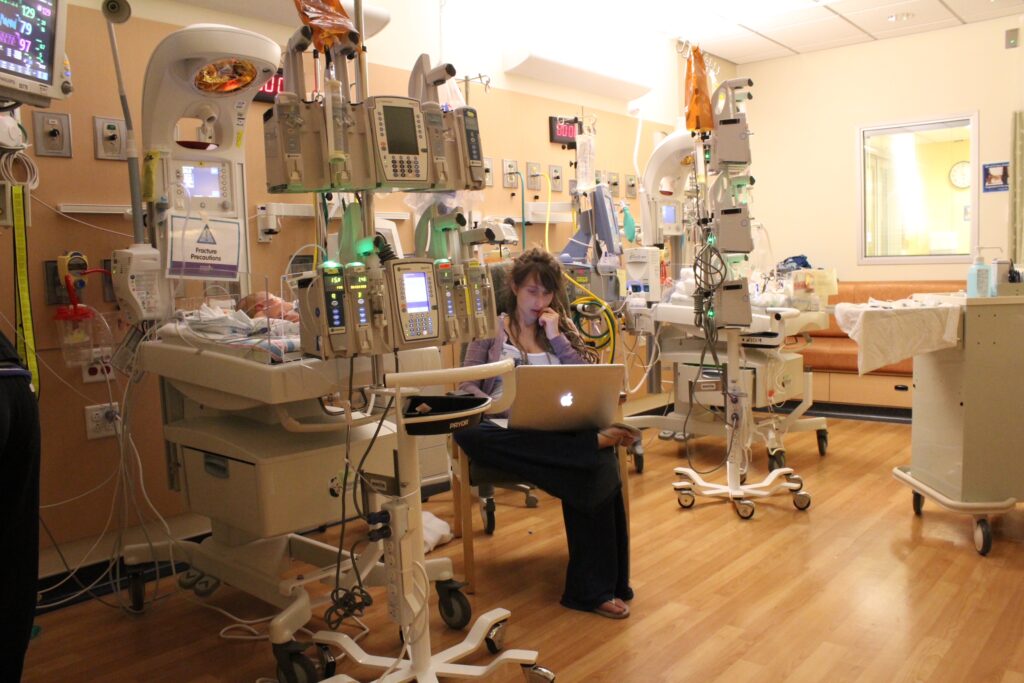
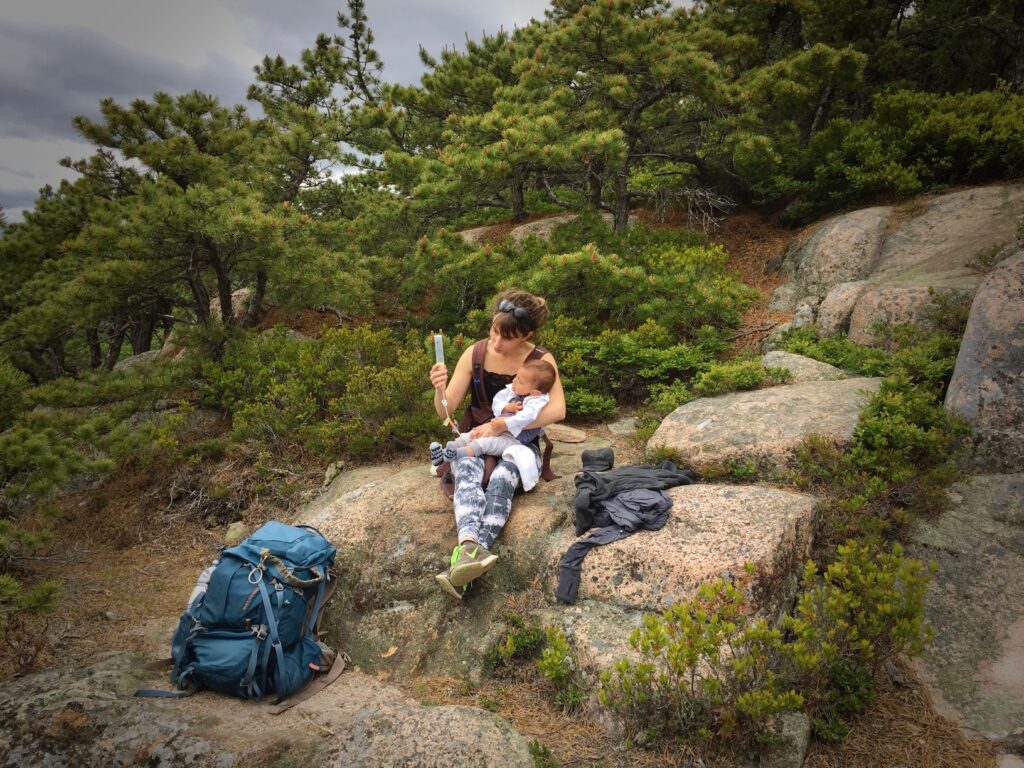
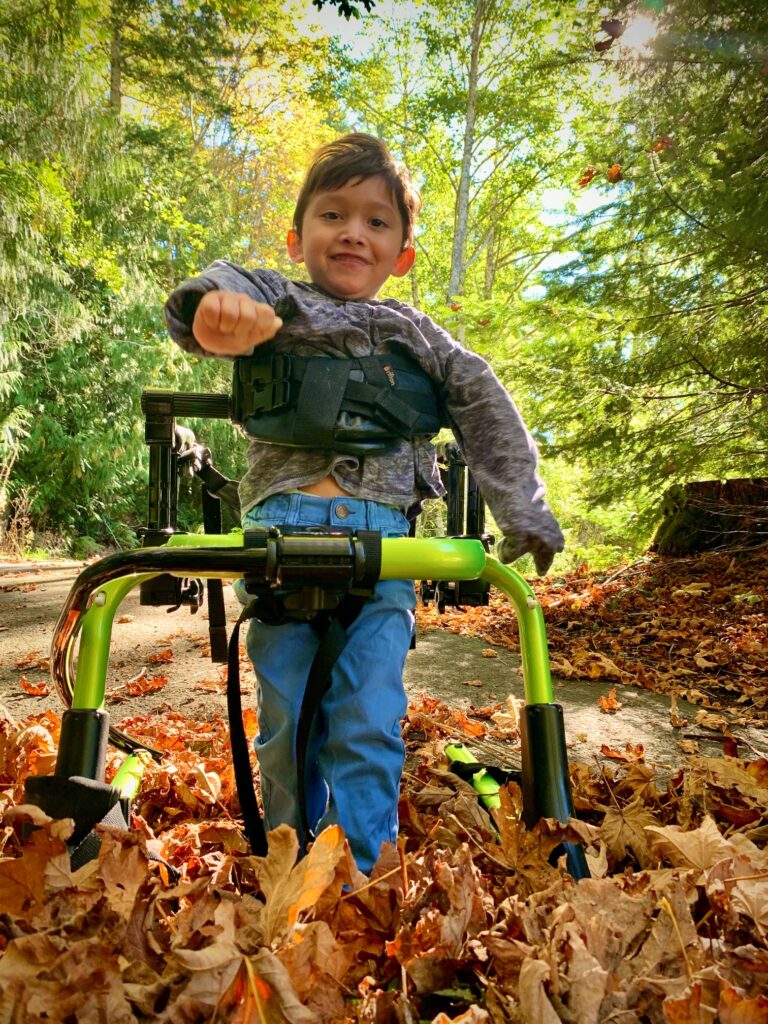
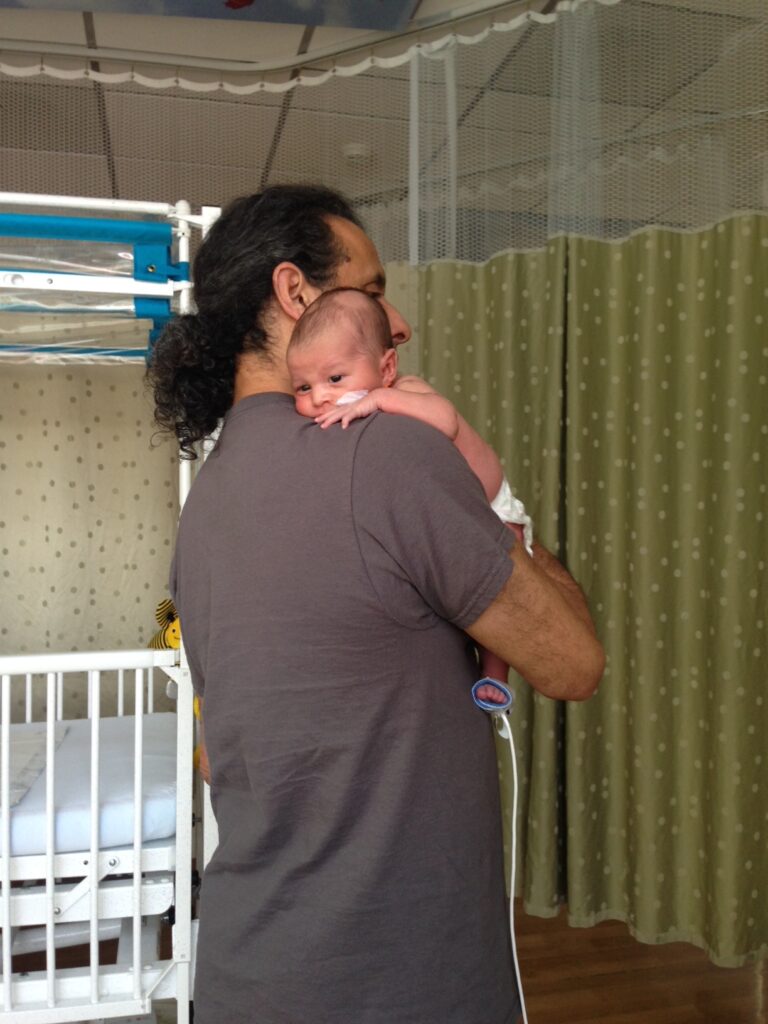
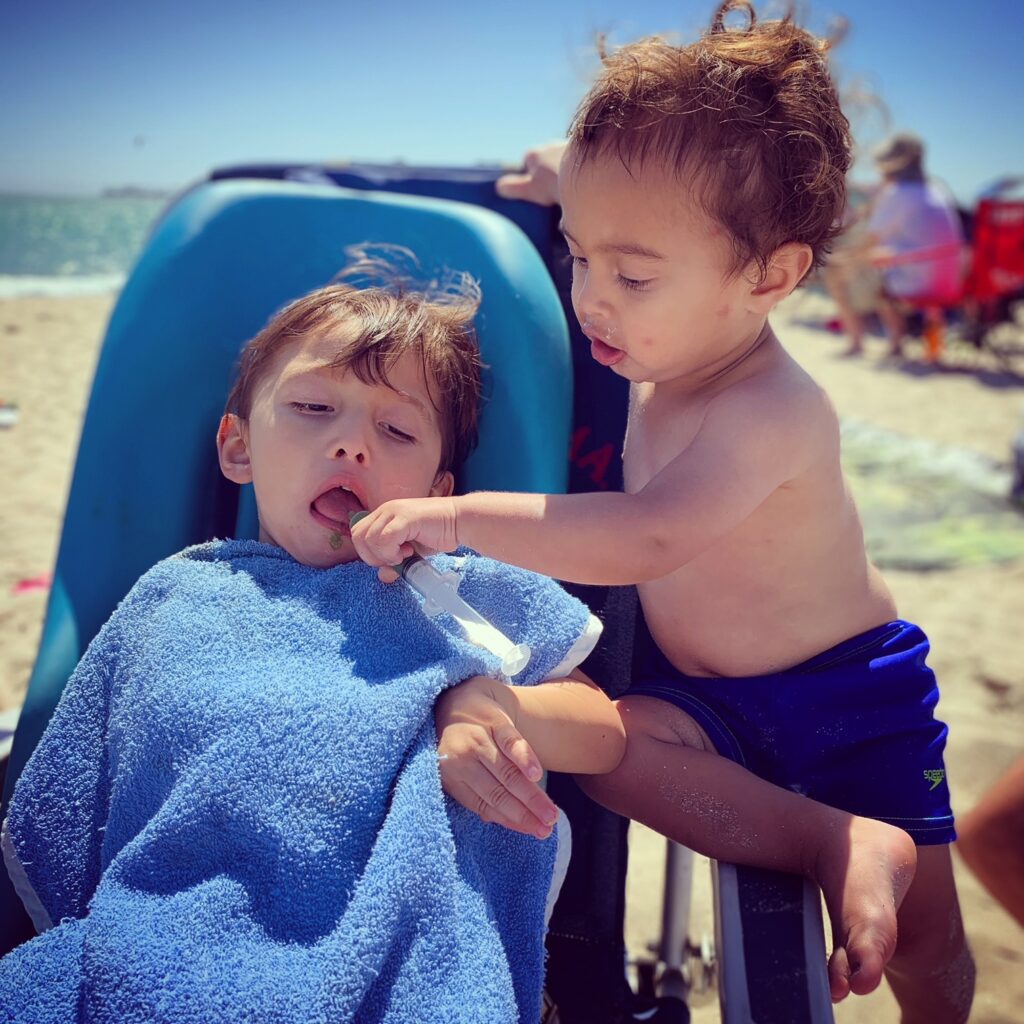
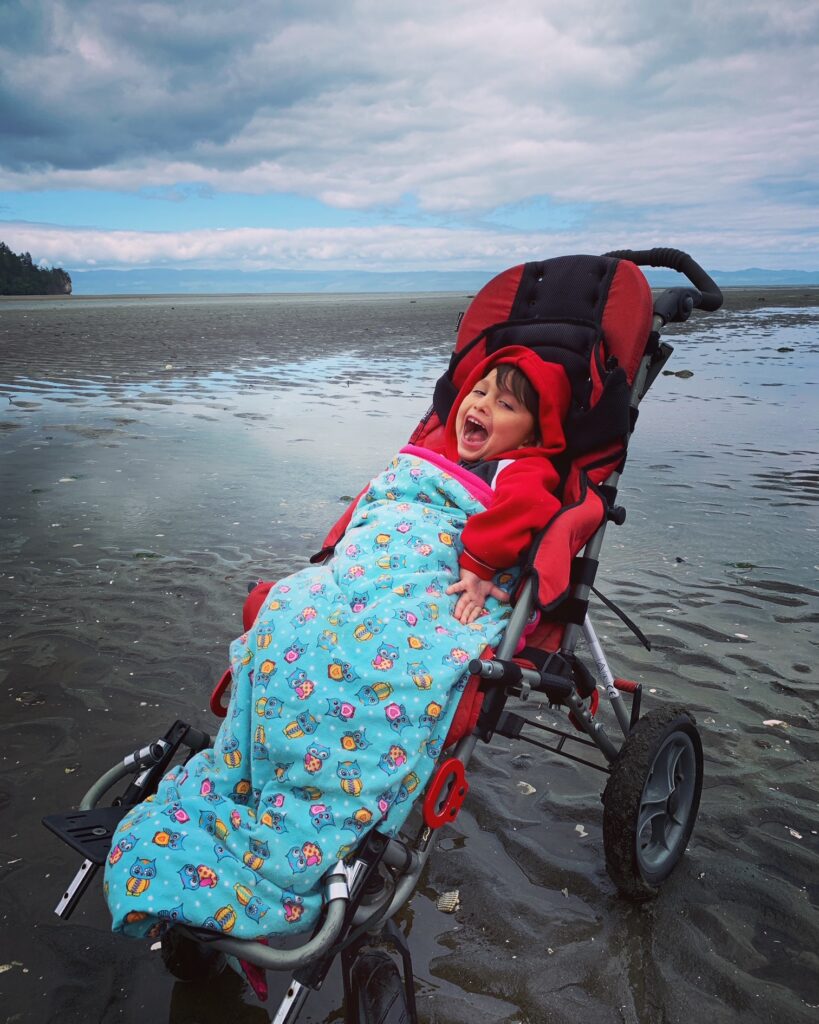
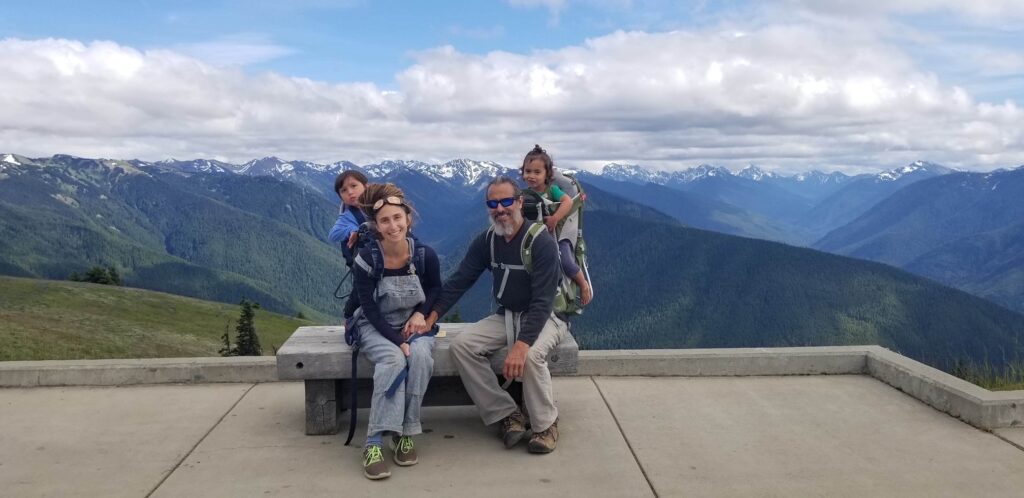
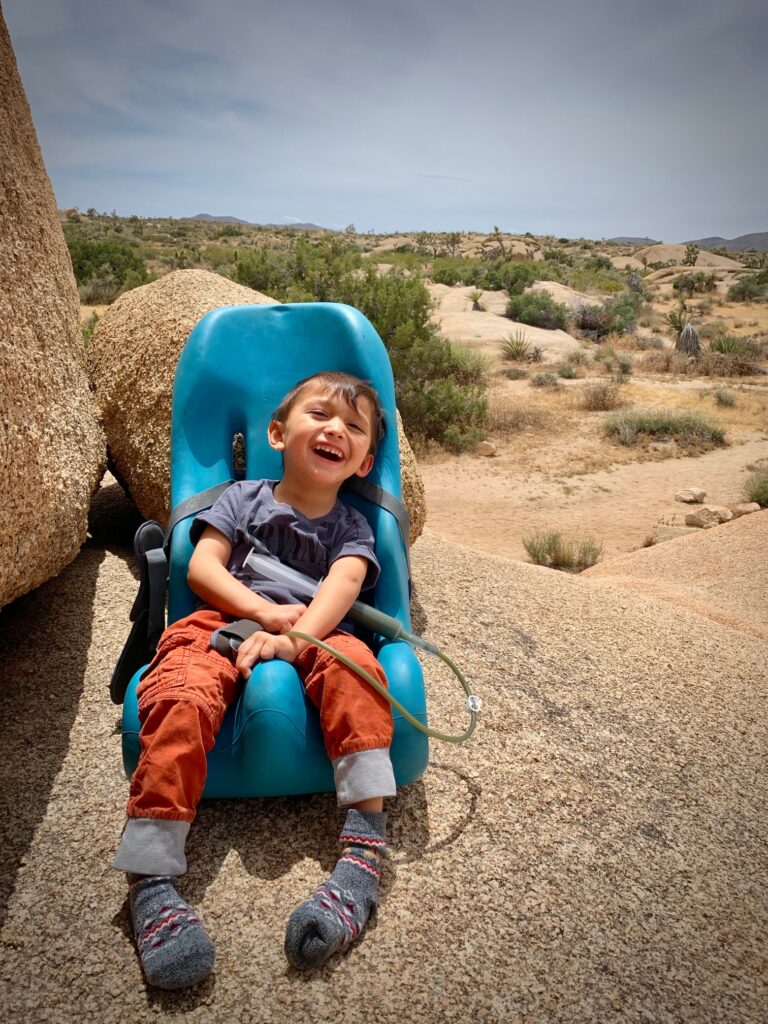
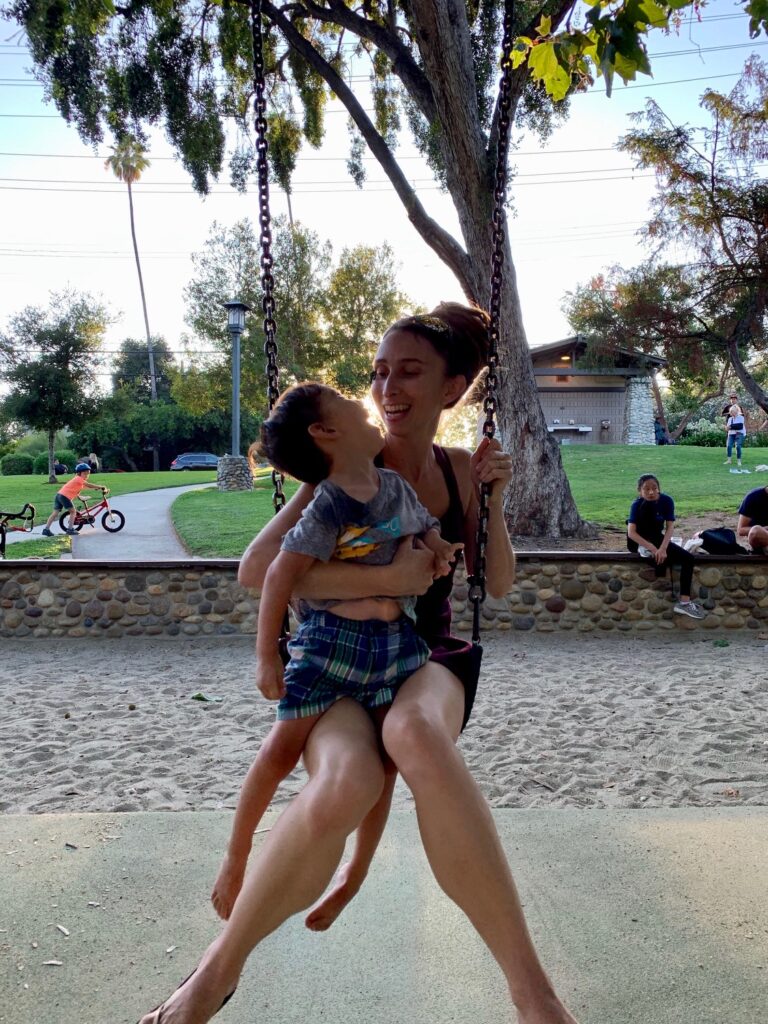
Connect with families, read inspiring stories, and get helpful resources delivered right to your inbox.